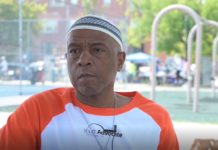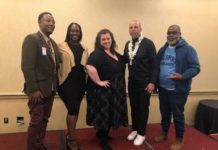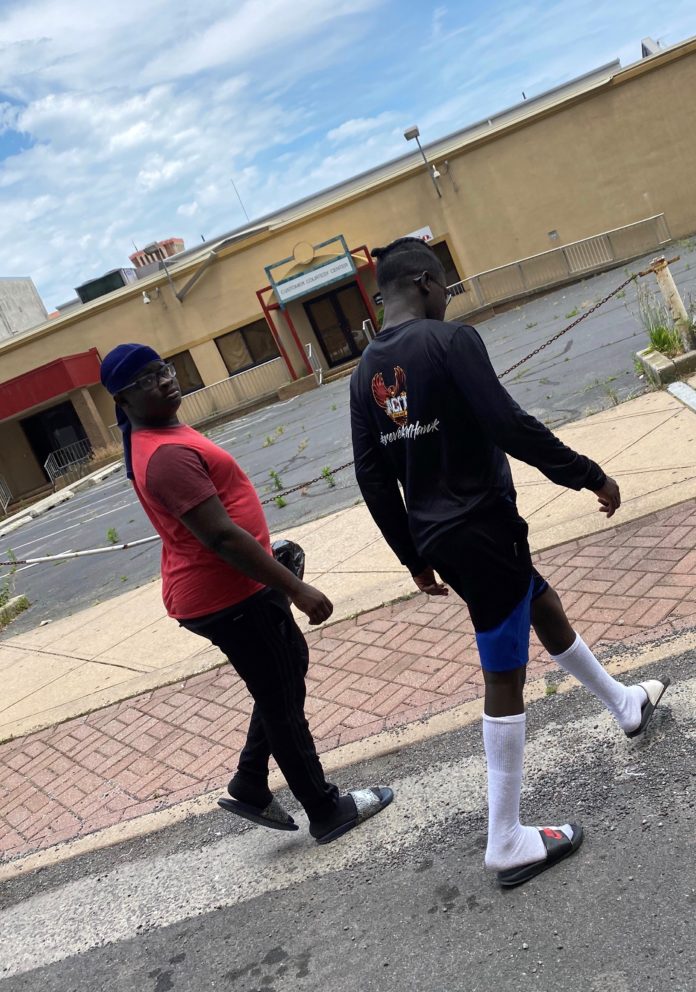
About four years ago, Robin, a then 39-year-old Atlantic County, NJ single mother of nine children, found herself overwhelmed.
“I was in a domestic relationship with a man who sold drugs and brought a lot of drama into my home.”
She said as a result, New Jersey Department of Children and Families (DCF) removed her children from the home. Two ended up in congregate placements. Four remained together in her neighborhood with a stable, loving foster family and two were placed in a temporary resource foster home in Cumberland County. She said her oldest was incarcerated.
While Robin was able to stay in touch with all her children, she wanted another chance at parenting – at home. When her sons in Cumberland County became participants in Youth Advocate Programs (YAP), Inc. — a community-based alternative to out-of-home placement — Robin said she got that opportunity.
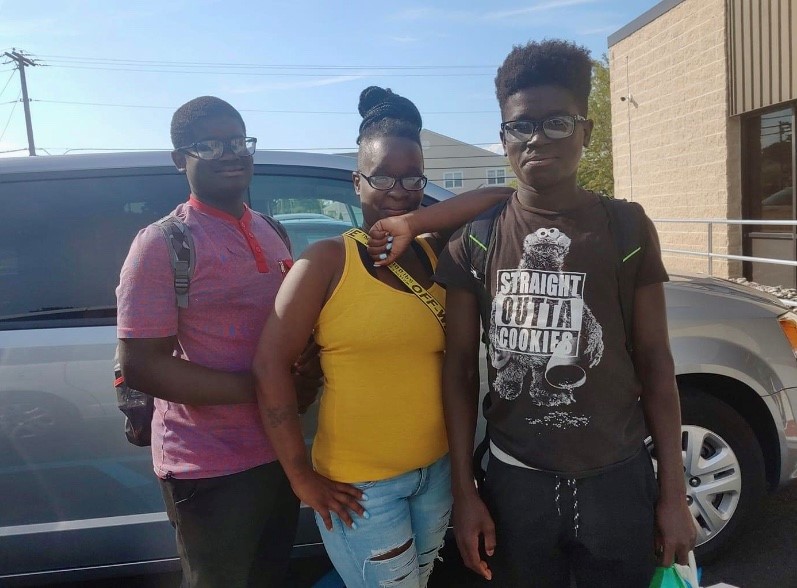
Kameron, then 14, and Kadin, 13, were working with John, a YAP Advocate trained to help young people see their gifts while connecting them and their parents/guardians with tools to achieve their goals. Robin said John empowered her with skills to earn the kids’ trust and respect.
“They’re awesome kids; but when I got them back, they [the boys] basically said it was my fault,” she said. “YAP helped me look at things different, putting my kids first. As time went on, they saw that I was doing the best I can.”
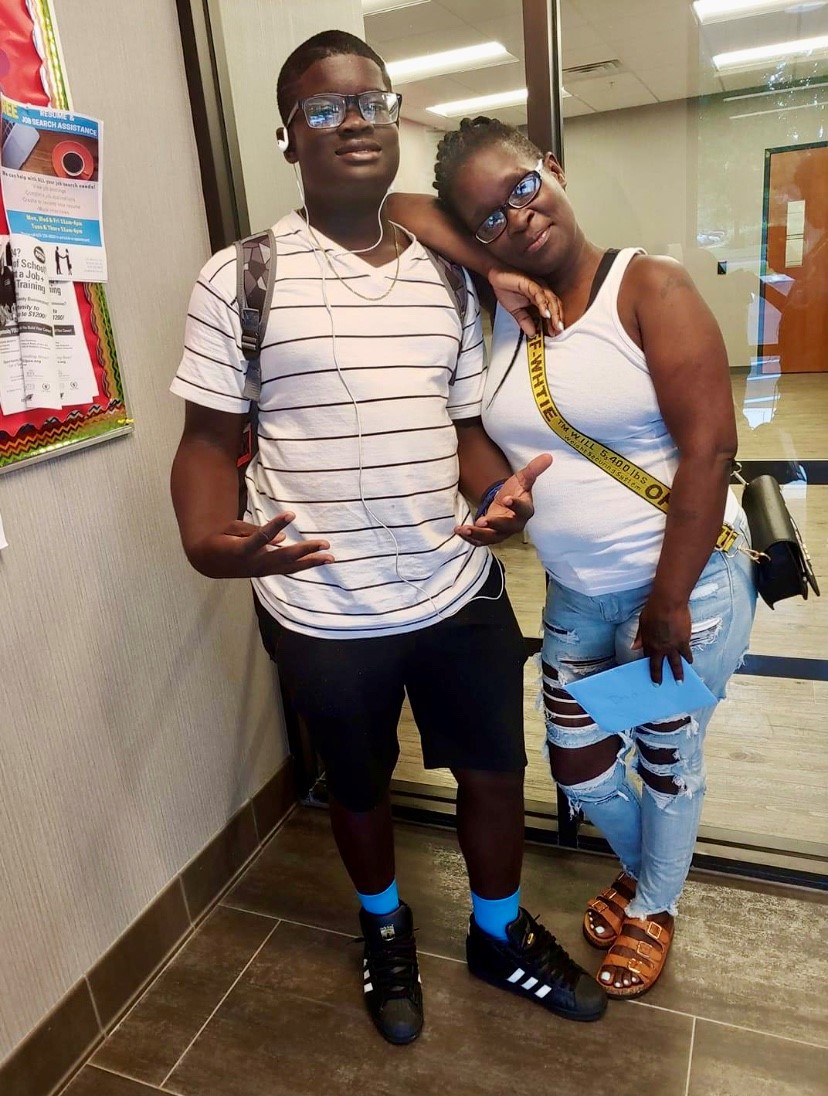
Crystal, John’s YAP team member who specializes in life skills, also advocated for the family, including Robin’s children who remained in placement. “They’d mediate conflicts between me and my girls,” she said. “Crystal and John talked to them and me.”
Nearly 1000 New Jersey youth will lose their YAP services if proposed cuts by DCF are accepted by Governor Phil Murphy. For four decades, the state has relied on the nonprofit and its evidence-based intensive, in-home, wraparound advocacy model to keep youth with their families or stable in resource foster homes as an alternative to out-of-home placements and youth prison. Seventy percent of YAP’s program participants are youth of color, primarily Black and Latino. Seventy-five percent of the nonprofit’s staff are also people of color, with lived experience and knowledge of culture, language, and the resources of the neighborhoods they serve.
“Removing YAP from the lives of children and families whose challenges are even greater in light of the COVID-19 pandemic is a significant setback in a critical continuum of care proven to put kids on a positive trajectory,” said YAP CEO Jeff Fleischer. “In the not so long run, the result will be more dollars spent on expensive, often faraway residential placements and youth prison.”
On call 24-hours, YAP’s community-based Advocates provide intensive, strength-based, family focused, trauma informed, wraparound family support to fill critical gaps for youth who have individual and family challenges that are very complex. The Advocates address the root causes of the youths’ parental and family struggles. YAP employees rely on their teammates and community partners to connect young people and their families with accessible educational, life skills and employment resources. They ensure that lack of food; shelter; transportation for court hearings, doctors’ appointments, visits with incarcerated loved ones; and other challenges don’t impede progress. YAP Advocates also provide respite for parents and guardians when they need support.
Like other New Jersey nonprofits, YAP, which operates in all 21 counties in the state, was hit hard financially due to COVID 19.
“For the first time since 1978, New Jersey youth in need in our child welfare system will not have a program to provide the trusting relationships between local staff and youth and families, nor the support and resources, to stabilize youth in family settings and to prevent out of home placements.,” Fleischer said. “We are hopeful that the state legislature and or the governor’s office will restore the funds back to YAP and other nonprofits that were hit hard by COVID-19 and now, these harsh DCF cuts.”
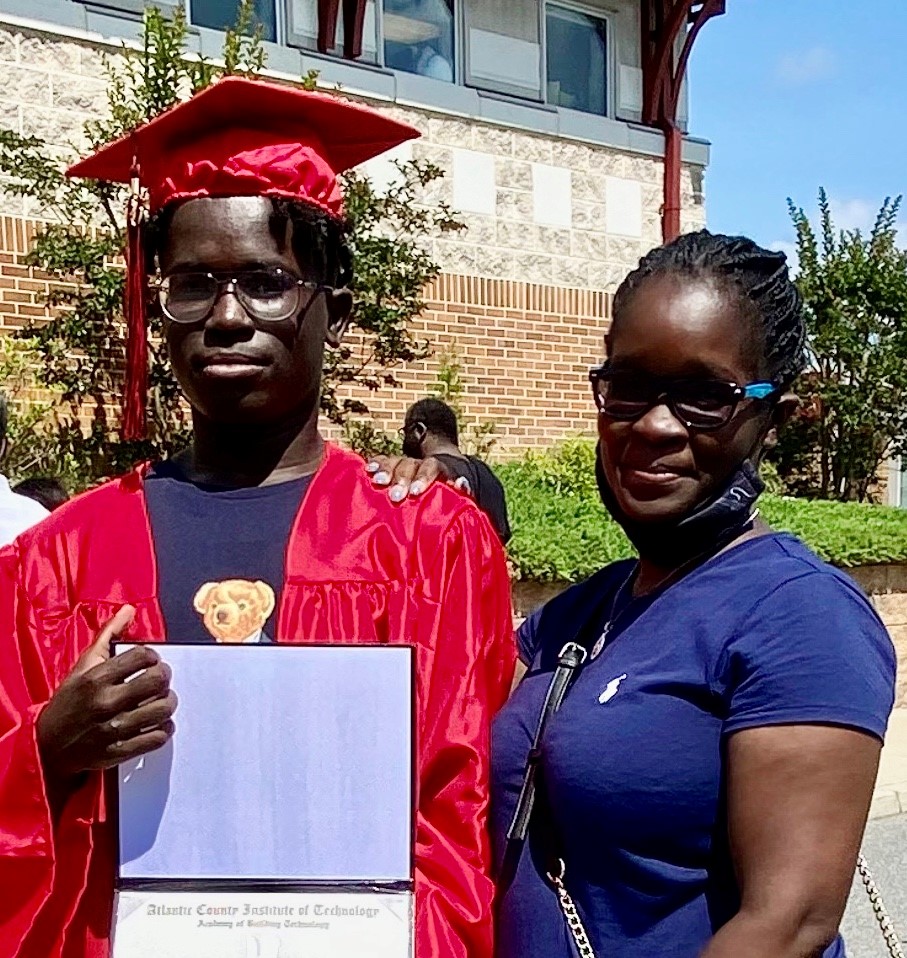
Kameron, now 18, and Kadin, 17, recently completed the YAP program. Kameron is working his first job and looks forward to studying film at Stockton University this fall. Kadin is interviewing for jobs and Robin said he’s “very helpful” around the house. “Both of them do dishes, clean the bathroom, anything I need,” she said.
As for her other children, Robin feels fortunate that the four who were together in a nearby foster home were eventually adopted by that family and a friend of theirs. The adoptions are open, enabling the children to have a relationship with their biological mom.
Robin said with support from YAP, she came to understand that she still has a lot to offer all her children. She said her interactions with them are healthier, which makes her happy.
Robin said because of YAP, Kameron and Kadin have a new outlook on life, and that she does, too.
“I always felt like YAP was on my side,” she added.










